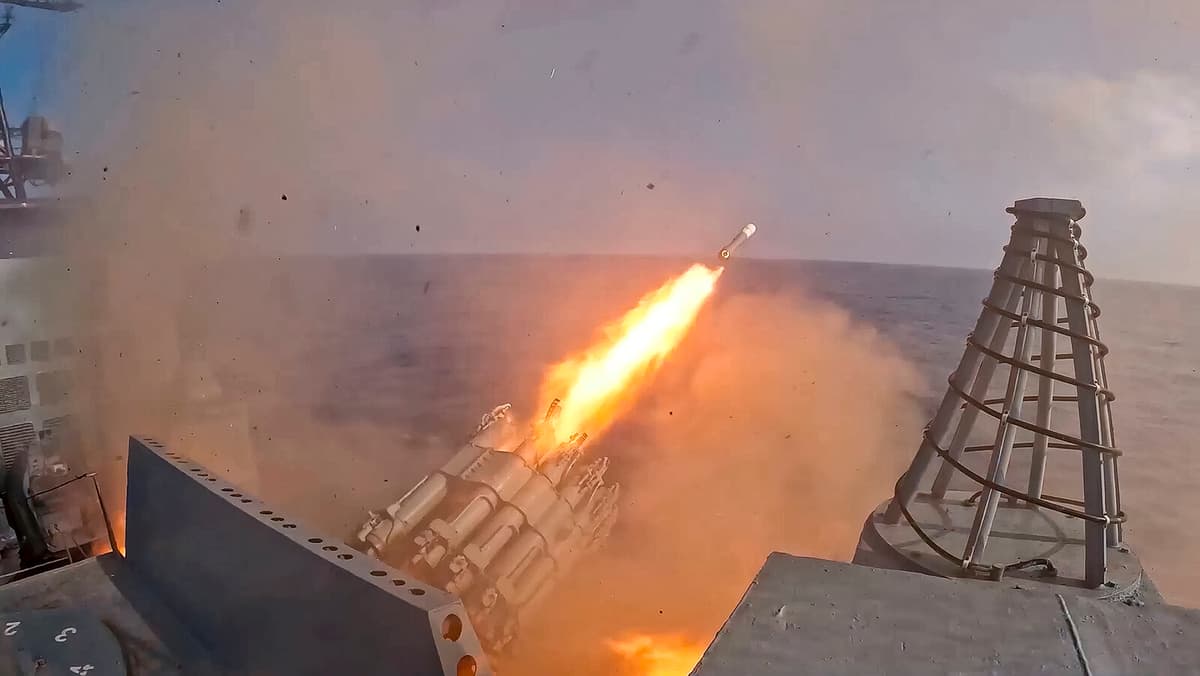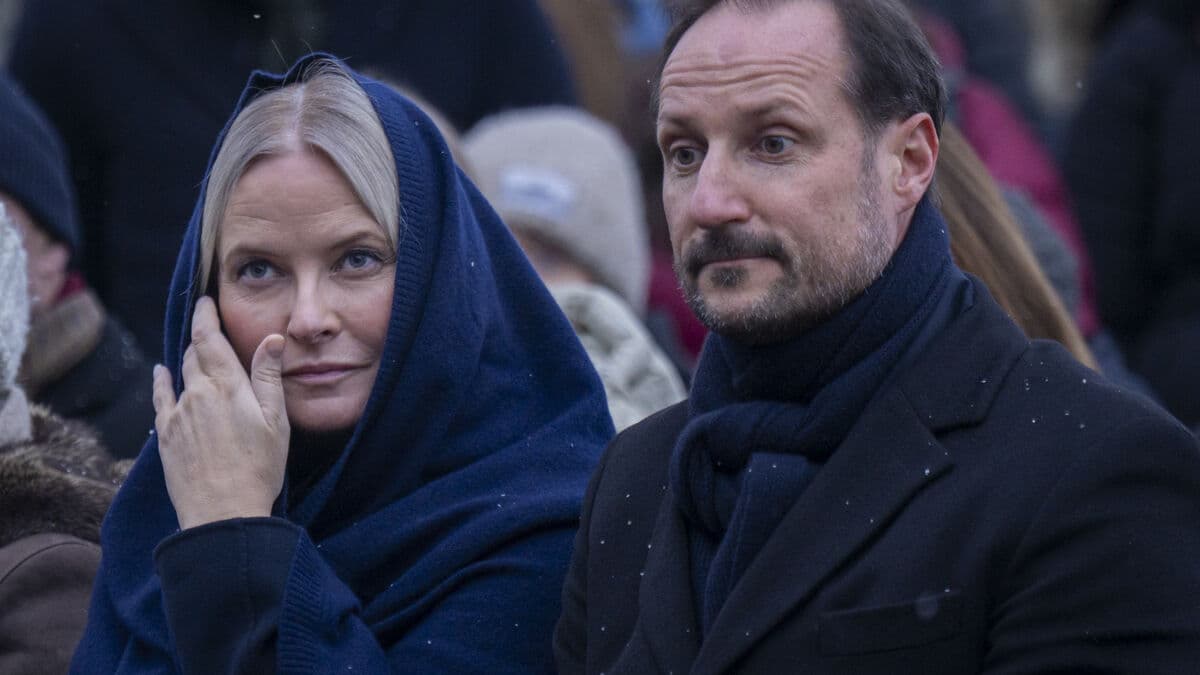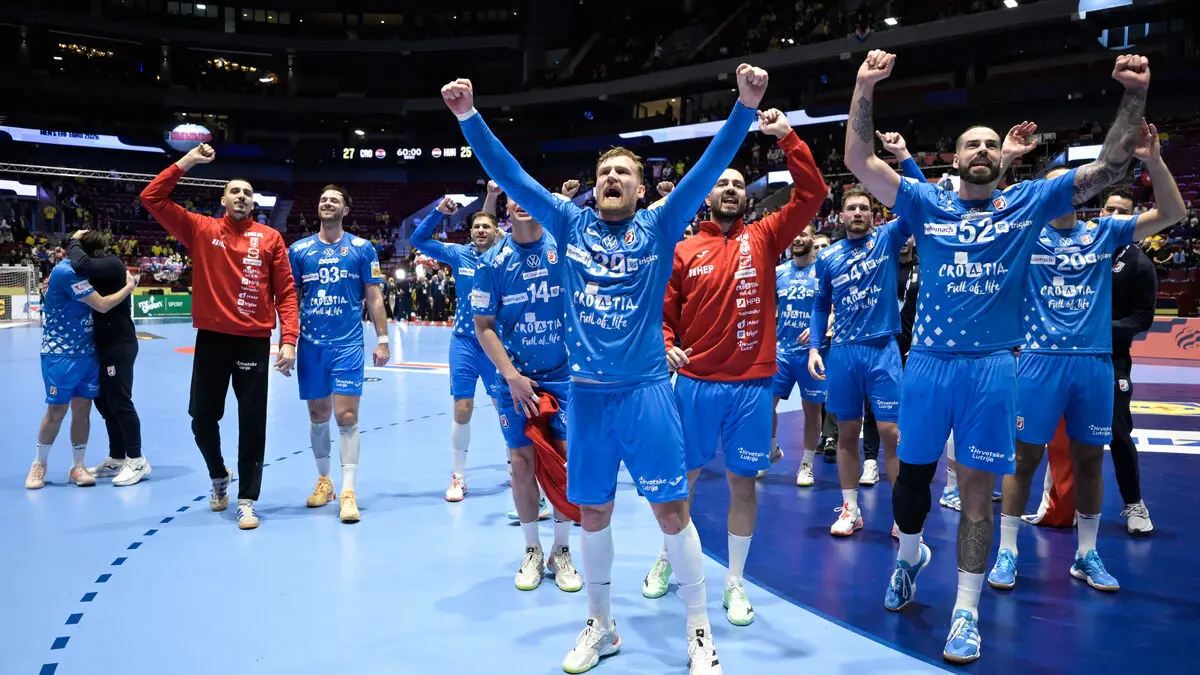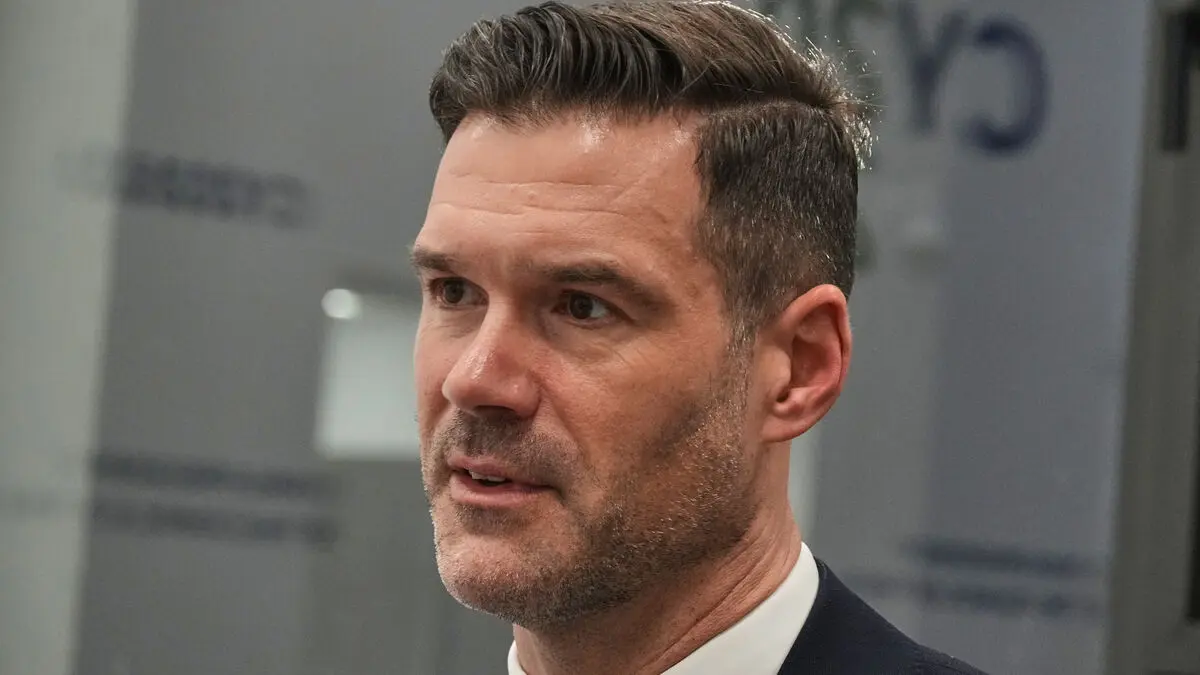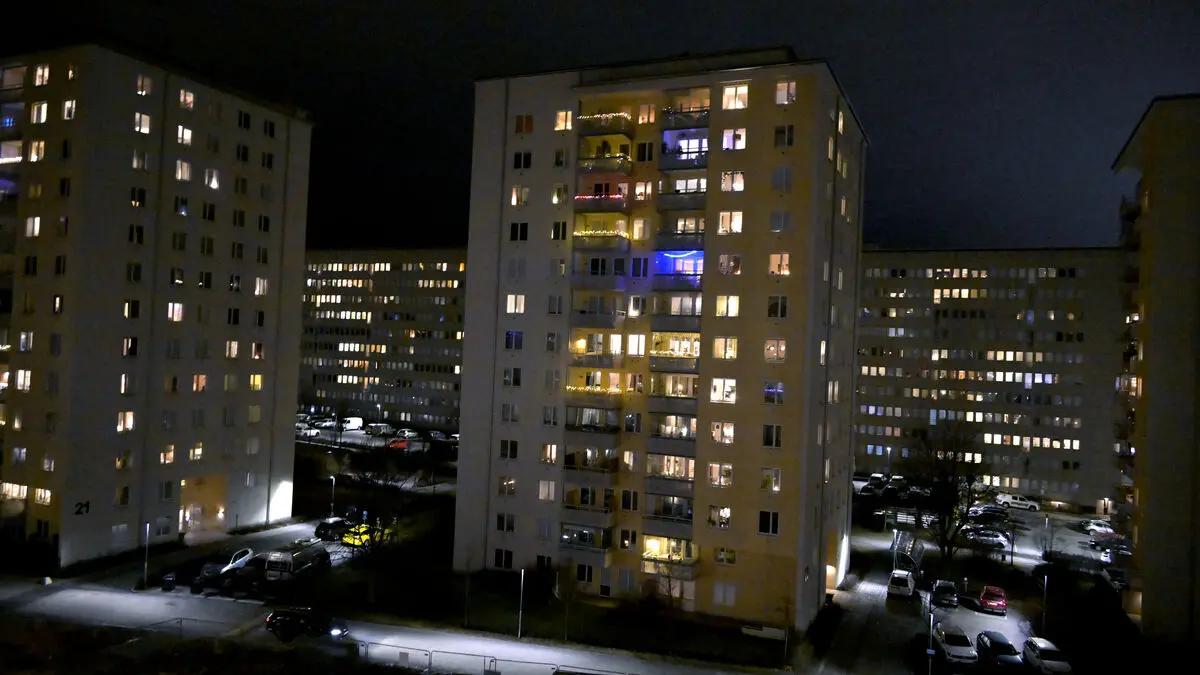According to Ukrainian information, Russia launched an intercontinental ballistic missile (ICBM) against Ukraine on Wednesday night. So far, the information has not been confirmed, and both foreign analysts and Putin himself claim that it was actually a ballistic missile with a shorter range than that – but which can also travel thousands of kilometers and be equipped with nuclear weapons.
Johan Norberg, research leader and military analyst at the Total Defense Research Institute (FOI), sees it as another signal and marking from the Russian side.
There is a constant recurring message about 'we have nuclear weapons, we have nuclear weapons'.
Support comes "drop by drop"
The purpose of the nuclear saber-rattling is to make the outside world uncertain and to influence other countries so that they do not dare to support Ukraine. And so far, it has both succeeded and failed, says Johan Norberg.
It has a major impact on our collective consciousness. And it has had an impact in that Western support for Ukraine has become very slow and comes drop by drop, rather than what is needed – a lot and fast, which military logic actually requires.
The ballistic missile attack on the city of Dnipro comes just a few days after Russia publicly announced its new nuclear doctrine, which also reminds the world that the country has access to weapons of mass destruction.
Coordinating resources
But a single weapon system can hardly win the large and complex war, even if we would like to believe that tanks, cannons, or something else would make a big difference, emphasizes Norberg, who says that the latest attack is "more of a political marking than a military one".
Russia is making progress in the war, but at a high price. The progress is relatively small compared to the size of the combat area and the costs of the war.
Both in terms of dead and wounded, but above all economically. The Russian economy has problems. And it's also starting to become demographic problems, says Johan Norberg.
This can be a way to manifest some form of strength, both outwardly and internally in Russia.

